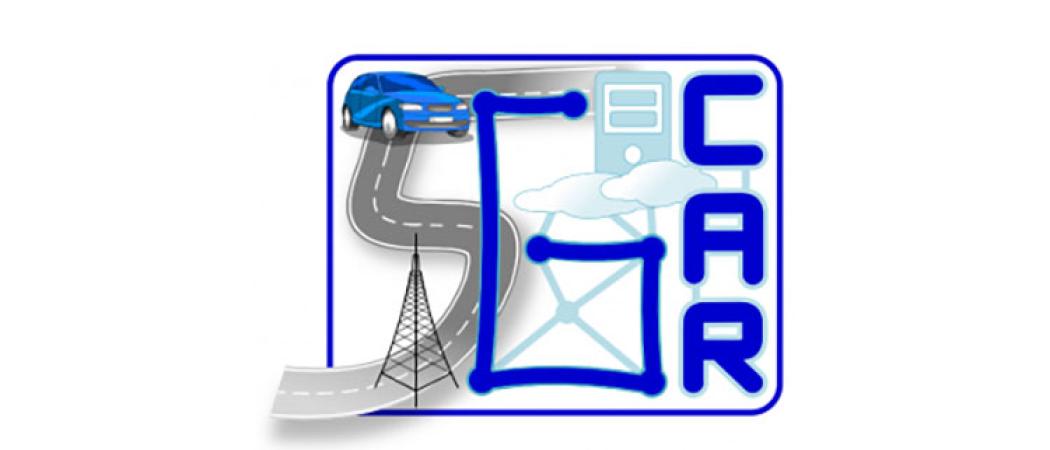The development of 5th generation mobile broadband systems, 5G to replace today's 4G, is in full swing. Chalmers is part of a two-year project that brings together industry and academia to develop a common global standard for future vehicle communication.

“It's about using telecommunications to increase traffic safety and transport efficiency through connected and collaborative systems”, says Professor Erik Ström, Head of Communication and Antenna Systems at the Department of Electrical Engineering. “Today's wireless mobile system is not powerful enough to be used for vehicle communication, where safety always must be put first.”
For traffic safety applications, very high demands are imposed on the reliability of the data being transmitted. In some cases, more than 99.999 percent of the transmitted information must also be delivered to the recipient.
“In addition to the demands of high reliability, it is also crucial that data communication is fast and not delayed”, he continues. “In order to be traffic-safe, transmission times have to be as short as 5 milliseconds in certain use cases. This is very challenging.”
Creates consensus among competitors
In the project, competitors like Ericsson, Nokia and Huawei side by side, along with vehicle manufacturers like Volvo Cars and PSA, work out the common prerequisites for the 5G system and a global standard for vehicle communication.
The work is about creating consensus and to agree on matters that need to be standardized. The telecom industry requires a common system platform to start from, when the manufacturers in the next step separately develop their products for the market.
"I am very pleased that we at Chalmers are taking part in setting the standard”, says Erik Ström. “It is an important and highly sought-after network to participate in, including both industry and other universities. We contribute, among other things, with knowledge from our fundamental research on positioning and wireless systems. In total, we expect the project to involve 46 month´s work for our researchers.”
A part of the project is about vulnerable road users, such as pedestrians and cyclists. When the 5G technology is available in each person's mobile phone, data collection for example about position, direction and speed could be used to further enhance traffic safety in different situations.
The project started in June 2017, and Chalmers made the first part-delivery in early September. By mid-2019, selected technology components will be demonstrated and project results incorporated into the 5G standard. The overall goal of 5GCAR is that vehicles connected with 5G technology will be out on the roads from 2020.
Renewed confidence
"We are very pleased to, once more, been given the confidence to use our research in the development of technology that enables 5G in vehicles", says Erik Ström. “For us, this is the second project within 5GPPP. We have long and fruitful partnerships in the past with Ericsson and Volvo Cars and other 5GCAR partners.”
Facts about 5GCAR
- 5GCAR stands for "Fifth Generation Communication Automotive Research and Innovation".
- The project is funded by the EU and has a budget of EUR 8 million. Chalmers share is EUR 0.5 million.
- 5GCAR includes 14 partners. In addition to Chalmers, Ericsson, Bosch, Tecnològic de Telecomunicacions de Catalunya, Centro Tecnológico de Automoción de Galicia, Huawei, King's College London, Marben, Nokia, Orange, PSA Group, Sequans, Viscoda and Volvo Cars participate.
- The project runs for two years, from June 2017 to June 2019.
- 5GCAR is included in phase 2 of the European project 5G Infrastructure Public Private Partnership (5GPPP) and is part of the Horizon 2020 research program.





 A unique international forum for public research organisations and companies to connect their external engagement with strategic interests around their R&D system.
A unique international forum for public research organisations and companies to connect their external engagement with strategic interests around their R&D system.